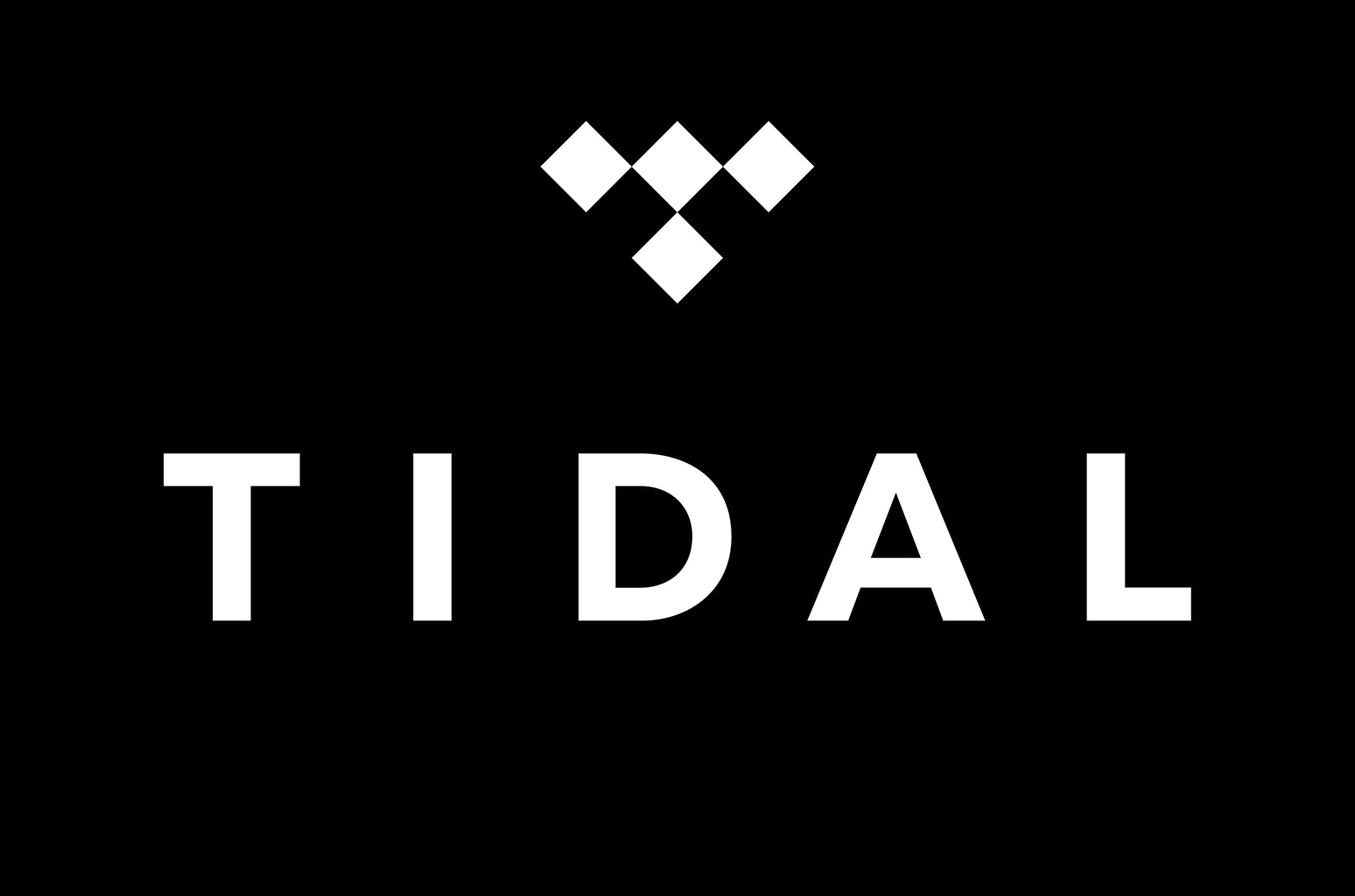Hi,
I have Tidals service with MQA-files, and have been wondering, how to get out the masters quality sound without buying an expensive DAC. I believe that many other Tidal users are figuring out this too. Probably the easiest way is through Tidal's desktop application. It encodes the MQA-files, and you can then output the sound to your AWR through a hdmi-cable (or digital audio cable). Just make sure that your sound output settings are 24-bit and 96kHz. This worked for me with MacBook Pro and Denon AWR-x3400h. My Denon AWR confirmed that the input sample rate was 96kHz, and you surely can hear it too.
The Tidal mobile apps don't encode MQA-files, so with them you will need an encoder. With Apple airplay, bluetooth or HEOS, you are limited to 44,1 kHz, so if you want to move the sound to your home studio, you will still need to figure out a way to get the sound from the encoder to the AWR.
This ordinary music lover would hope in the future Tidal apps with MQA-encoding, and streaming systems and services that can handle 24-bit / 96kHz sound output. The DACs I would leave to hifi-enthusiasts.



